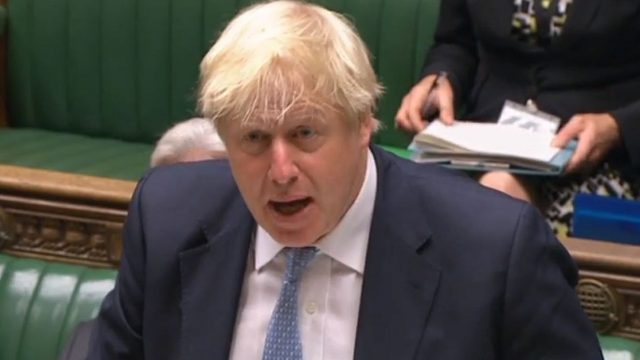
Britain will not agree a final figure for the so-called Brexit divorce bill until the eleventh hour of its withdrawal process from the European Union, it is understood.
The financial settlement between Britain and the EU emerged as the major battleground on day two of the second round of formal exit negotiations with Brussels thought to be demanding tens of billions of pounds but unwilling to set out an exact figure.
There was frustration on both sides, with the EU irritated that the UK has not set out a clear position on what it believes are its financial obligations that will continue for a limited period of time after leaving the bloc.
Meanwhile, Britain wants Brussels to explain in more detail what it believes it is legally entitled to.
How do you see the #FutureofEurope? What do you want and expect? Every voice should be heard→ https://t.co/CEogHblORF #EUdialogues pic.twitter.com/aFjuE6aYLQ
— European Commission (@EU_Commission) July 17, 2017
The UK last week attempted to defuse a row over the divorce bill, after Boris Johnson said the EU could “go whistle” if it wanted a hefty sum, by releasing a Government statement acknowledging it had obligations that would continue after Brexit that “need to be resolved”.
The financial settlement is a key issue in Britain’s separation, on which “sufficient, concrete” progress must be made before discussions on a future trade deal can begin.
Both sides are hoping to reach an agreement on the method of calculating the financial settlement by October’s European Council summit so European Commission chief negotiator Michel Barnier can recommend to EU leaders that negotiations can enter the next stage.
The UK could wait weeks before formally setting out its position in a document but sees last week’s written statement as a significant move and is using this week’s talk to interrogate the EU’s position and potentially challenge certain elements, it is believed.
 Last week, the UK tried to defuse a row after Boris Johnson said the EU could go whistle if it wanted a hefty sum (PA Wire)
Last week, the UK tried to defuse a row after Boris Johnson said the EU could go whistle if it wanted a hefty sum (PA Wire)
There is unlikely to be any agreement on the final figure until an EU leaders’ summit close to the end of negotiations, due in March 2019, and the UK will seek to maintain some flexibility until then.
Negotiations this week also focused on maintaining a soft Irish border and it is believed both sides agree on a range of issues and are exploring ways to deliver it, given that Britain wants to end the free movement of EU citizens into the country.
It is believed that negotiators have found common positions in the talks on citizens’ rights despite the EU’s insistence that Britain’s offer falls short of expectations and that there must be a role for the European Court of Justice, the jurisdiction of which the Government wants to leave.
The two sides used this week’s talks to scope out where their positions align and most sessions – on the financial settlement, citizens’ rights, Northern Ireland and separation issues including Euratom, Europe’s civil nuclear regulator – overran on Tuesday.
Brexit secretary David Davis has been in close touch with the UK team ahead of his return to Brussels on Thursday and a potential press conference with Mr Barnier.


Why are you making commenting on The Herald only available to subscribers?
It should have been a safe space for informed debate, somewhere for readers to discuss issues around the biggest stories of the day, but all too often the below the line comments on most websites have become bogged down by off-topic discussions and abuse.
heraldscotland.com is tackling this problem by allowing only subscribers to comment.
We are doing this to improve the experience for our loyal readers and we believe it will reduce the ability of trolls and troublemakers, who occasionally find their way onto our site, to abuse our journalists and readers. We also hope it will help the comments section fulfil its promise as a part of Scotland's conversation with itself.
We are lucky at The Herald. We are read by an informed, educated readership who can add their knowledge and insights to our stories.
That is invaluable.
We are making the subscriber-only change to support our valued readers, who tell us they don't want the site cluttered up with irrelevant comments, untruths and abuse.
In the past, the journalist’s job was to collect and distribute information to the audience. Technology means that readers can shape a discussion. We look forward to hearing from you on heraldscotland.com
Comments & Moderation
Readers’ comments: You are personally liable for the content of any comments you upload to this website, so please act responsibly. We do not pre-moderate or monitor readers’ comments appearing on our websites, but we do post-moderate in response to complaints we receive or otherwise when a potential problem comes to our attention. You can make a complaint by using the ‘report this post’ link . We may then apply our discretion under the user terms to amend or delete comments.
Post moderation is undertaken full-time 9am-6pm on weekdays, and on a part-time basis outwith those hours.
Read the rules hereLast Updated:
Report this comment Cancel